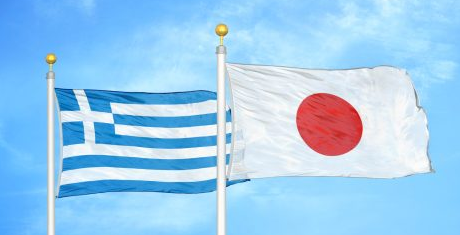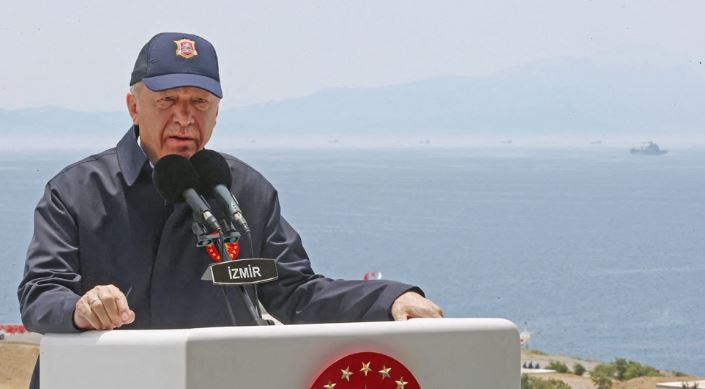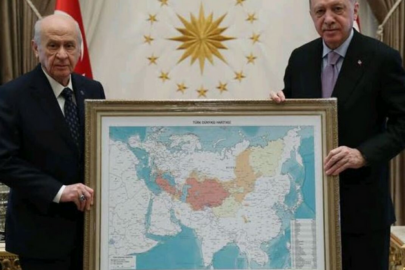In March 2022, a rather unusual event took place in Athens. Co-organized by Panteion University and the Japanese Embassy in Greece, a hybrid workshop was successfully completed, aiming at “Establishing a Free and Open Maritime Order” with a focus on bilateral cooperation between the two countries. It is perhaps the first time in the last decade that academics and government officials between Japan and Greece have come together at a public event dedicated to maritime security and cooperation.
The timing of the event was not random. Greece’s relationship with Turkey is deteriorating and tensions are escalating dangerously due to their maritime disputes in the Aegean Sea and the eastern Mediterranean Sea. The dispute is complicated, and perceptions from each side are different. According to Turkey, for instance, everything starts back in 1923 and the Treaty of Lausanne, the main treaty between the two countries concerning the border delimitation and demarcation, including of the Aegean Sea. But the main issue in the last decades is the potential undersea resources of the maritime area and control of the waters and seabed.
Elon Musk’s “Constantinople” tweet causes strong reaction by Turkish users
Of course, tensions are nothing new in the historically troubled bilateral relationship between the two nations. However, back in summer 2020, the crisis almost turned into an accident, which could easily turn into a conflict. The Turkish survey ship Oruc Reis, along with a part of the Turkish fleet, came face-to-face with their Greek counterparts in the eastern Mediterranean. The Turkish side was willing to proceed to seismic surveys in the Greek-claimed part of the seabed without the necessary permission as provisioned by the United Nations Law of the Sea Convention (UNCLOS). The result was fleets on high alert, two warships colliding, and foreign navies intervening. In a more general context, it was the longest and worst crisis since the events of the 1970s, which culminated in the Turkish invasion in Cyprus.
Read more: The Diplomat






































